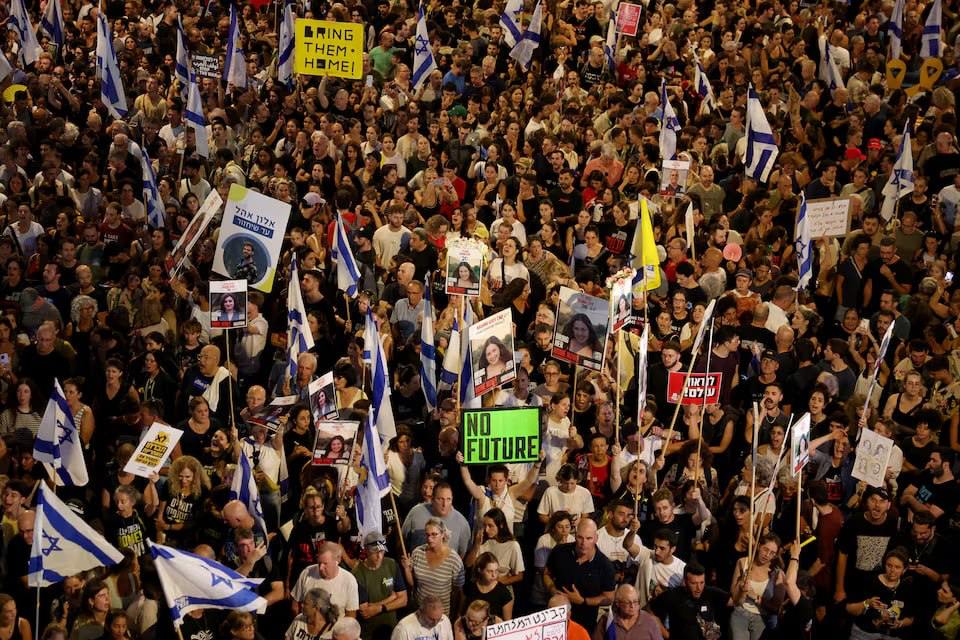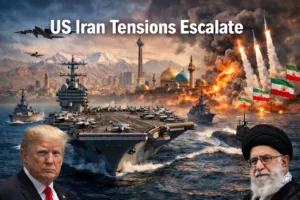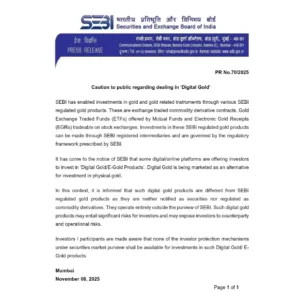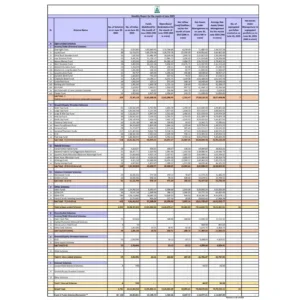Protesters flooded the streets of Israeli cities on Sunday, demanding that the government immediately accept a deal for the release of hostages held in Gaza. The demonstrations erupted following an announcement by the military that six of the hostages had recently been killed, intensifying public outrage and urgency for action.
In response to the growing pressure, the country’s largest labor union, Histadrut, initiated a general strike on Monday to push Prime Minister Benjamin Netanyahu into securing the release of the hostages. The strike led to significant disruptions in municipal services across several districts, reflecting the deepening crisis.
Histadrut, which represents hundreds of thousands of workers across various sectors of the Israeli economy, announced the strike shortly after the tragic recovery of the six hostages’ bodies from a tunnel in southern Gaza. The move has amplified calls for the government to expedite efforts to bring the remaining hostages home.
Despite attempts by Finance Minister Bezalel Smotrich to have the strike dismissed by Israel’s Labour Court, the strike had already begun to affect multiple sectors by mid-morning. The court was scheduled to meet later in the day, but the strike had already garnered widespread support from employer groups, including those in manufacturing and high-tech industries.
The strike’s impact was felt across the nation, with some services at Ben Gurion Airport, Israel’s main air transport hub, suspended. While incoming flights continued to land, bus and light rail services in many areas were either canceled or only partially functioning. Workers at Haifa, Israel’s primary commercial port, also joined the strike, further disrupting the economy.
Hospitals operated at reduced capacity, and banks remained closed, although many private sector businesses stayed open. However, numerous employers allowed their staff to participate in the strike, leading to widespread disruptions in various services.
The strike and protests underscore the deep divisions in Israel over Netanyahu’s approach to the hostage crisis and broader conflict in Gaza. Despite pressure from his defense minister, senior generals, and intelligence officials, Netanyahu has remained committed to maintaining Israeli military presence in strategic points across the Gaza Strip, even after any potential ceasefire.
Hamas, which is holding 101 hostages out of the 253 captured during a deadly raid on Israeli communities around Gaza last October, has rejected any Israeli presence in Gaza. The attack, which resulted in the deaths of 1,200 Israelis and foreigners, led to an intense Israeli assault on Gaza, causing over 40,600 Palestinian casualties.
Diplomatic efforts by Egypt, Qatar, and repeated visits by senior U.S. officials have so far failed to achieve a breakthrough in negotiations. The ongoing strike by Histadrut is a critical escalation, highlighting the growing public discontent with the government’s handling of the crisis.
As the situation continues to unfold, all eyes are on the Labour Court’s decision and any subsequent actions by the government, as Israel grapples with a deeply divided public and an escalating crisis.
Israel faces a general strike, demonstrations, and road closures in Tel Aviv as citizens pressure Netanyahu to finalize a prisoner exchange deal.
Bringing you the latest updates on finance, economies, stocks, bonds, and more. Stay informed with timely insights.































Be First to Comment